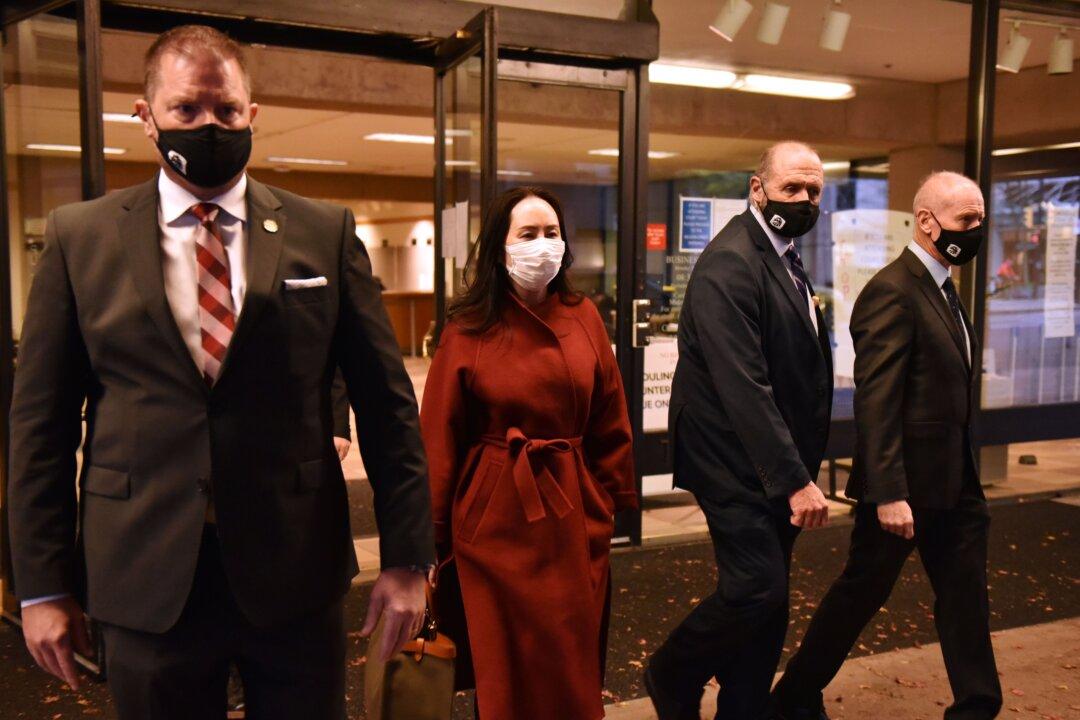An RCMP officer who oversaw Huawei executive Meng Wanzhou’s arrest denied a proposition by her defence lawyer that Canadian police tried to keep the arrest warrant a secret from her.
Canada Border Services Agency (CBSA) officers took Meng in for questioning regarding her company’s business dealing with Iran when she was transferring at Vancouver International Airport en route to Mexico on Dec. 1, 2018. She was later detained by the RCMP on an extradition arrest warrant issued by a New York court.





